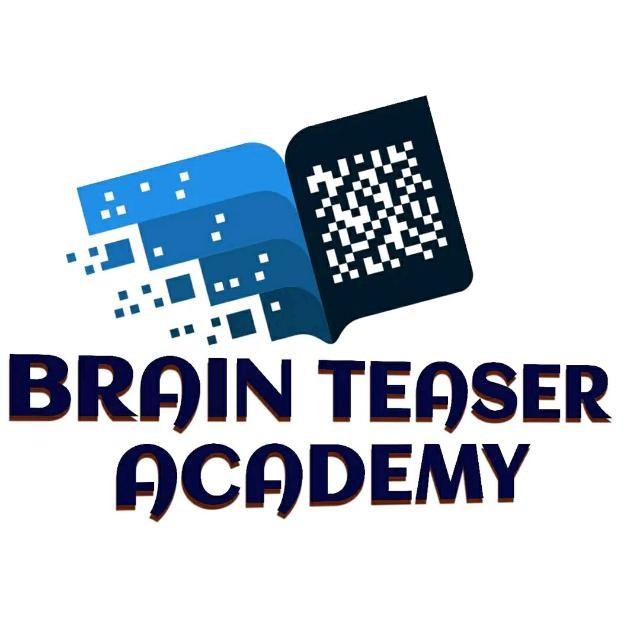Steps to learn Data Structures and Algorithms (DSA) with Python
1. Learn Python: If you’re not already familiar with Python, start by learning the basics of the language. There are many online resources and tutorials available for free.
2. Understand the Basics: Before diving into DSA, make sure you have a good grasp of Python’s syntax, data types, and basic programming concepts. Use free resources from @dsabooks to help you in learning journey.
3. Pick Good Learning Resources: Choose a good book, online course, or tutorial series on DSA with Python. Most of the free stuff is already posted @adilwani09876
4. Data Structures: Begin with fundamental data structures like lists, arrays, stacks, queues, linked lists, trees, graphs, and hash tables. Understand their properties, operations, and when to use them.
5. Algorithms: Study common algorithms such as searching (binary search, linear search), sorting (quick sort, merge sort), and dynamic programming. Learn about their time and space complexity.
6. Practice: The key to mastering DSA is practice. Solve a wide variety of problems to apply your knowledge. Websites like LeetCode and HackerRank provide a vast collection of problems.
7. Analyze Complexity: Learn how to analyze the time and space complexity of algorithms. Big O notation is a crucial concept in DSA.
8. Implement Algorithms: Implement algorithms and data structures from scratch in Python. This hands-on experience will deepen your understanding.
9. Project Work: Apply DSA to real projects. This could be building a simple game, a small web app, or any software that requires efficient data handling. Check channel @programming_experts if you need project ideas
.10. Seek Help and Collaborate: Don’t hesitate to ask for help when you’re stuck. Engage in coding communities, forums, or collaborate with others to gain new insights.
11. Review and Revise: Periodically review what you’ve learned. Reinforce your understanding by revisiting data structures and algorithms you’ve studied.
12. Competitive Programming: Participate in competitive programming contests. They are a great way to test your skills and improve your problem-solving abilities.
13. Stay Updated: DSA is an ever-evolving field. Stay updated with the latest trends and algorithms.
14. Contribute to Open Source: Consider contributing to open source projects. It’s a great way to apply your knowledge and work on real-world code.
15. Teach Others: Teaching what you’ve learned to others can deepen your understanding. You can create tutorials or mentor someon
@adilwani09876





Leave a Comment